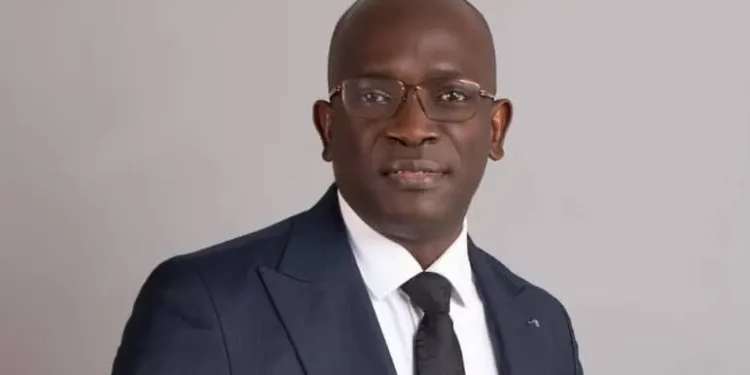Nigeria Employers Consultative Association (NECA) has urged the government to improve its labour policies to boost investment, regional trade, and economic stability.
The director general of the Nigeria Employers Consultative Association (NECA), Adewale Smatt-Oyerinde, made the remarks at the organisation’s forum in Abuja yesterday.
“Employers and employees are partners in progress. We need policies that encourage productivity while protecting workers’ rights. A balanced labour ecosystem will drive national development,” he said.
In his remarks at the event, the Minister of Labour and Employment, Alhaji Muhammadu Maigari Dingyadi, assured stakeholders of the government’s commitment to fostering a balanced work environment.
“The government remains resolute in promoting industrial harmony through proactive engagement. We will continue fostering an environment where employers and employees thrive,” Dingyadi stated.
Also, the chairman of the House Committee on Labour, Adegboyega Adefarati, stressed the need to harmonise labour laws to reflect evolving workplace demands.
“Industrial harmony is essential for economic progress. Our labour laws must align with current realities to foster sustainable employment relationships,” Adefarati said.
The House of Representatives member noted that the House is working to strengthen legislative frameworks that promote fairness, job security, and economic stability.
For his part, Chairman of the Senate Committee on Labour, Diket Plang, reaffirmed the National Assembly’s commitment to updating labour laws in accordance with international best practices.
Also, the president of Nigeria Labour Congress (NLC), Comrade Joe Ajaero, described the government’s approval of the General Education Act as a welcome development, noting that it is a step toward enhancing child education. Ajaero, however, raised concerns about implementing the new N70,000 minimum wage.
Speaking at the occasion, director general of the International Labour Organization (ILO), Gilbert Houngbo, commended the government’s decision to increase the national minimum wage from N30,000 to N70,000, emphasising the need for enforcement.



